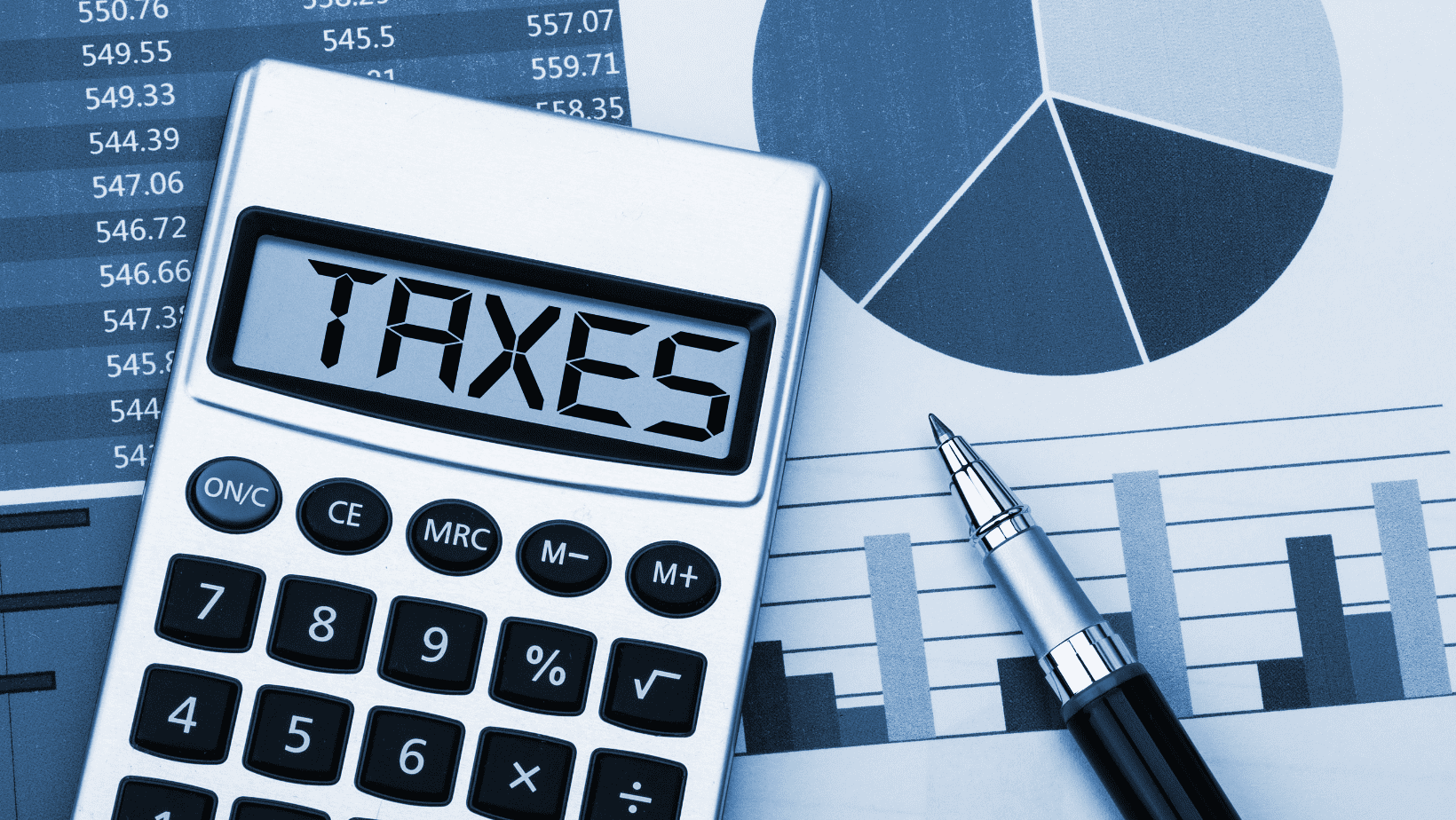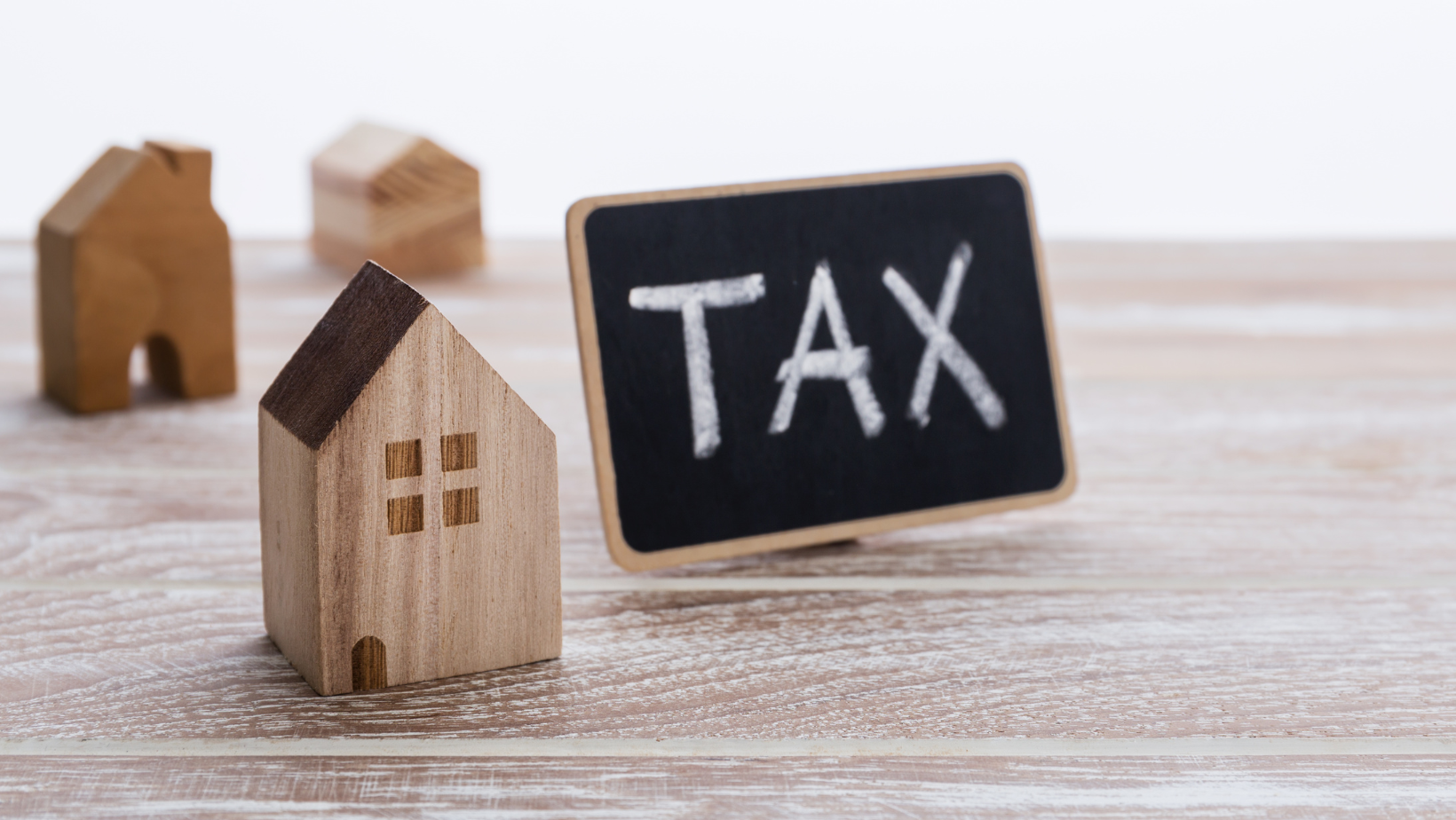
Businesses and consumers alike are often puzzled by the complexity of taxation laws. Understanding taxes is crucial for everyone as it enables you to make informed decisions when buying goods or running a business. But what exactly is the sales tax in Texas? How does it impact our daily lives?
In this article, we'll go over the basics of the sales tax in Texas and how it affects everyone. We will also offer tips on how much sales tax is charged and how to stay up-to-date with current rates. Let's get started!
The sales tax in Texas varies depending on the location of a transaction. The base charge sales tax rate is 6.25%, but local governments can add up to 2% to make the total sales tax rate as high as 8.25%. This means that when purchasing goods or services in Texas, you may encounter different sales tax rates depending on where you are.
If you're in Austin, your pay sales tax rate will be 8.25%, while in Dallas, it will be 8.125%. The reason for this variation is to allow local governments to raise revenue and fund public services such as schools and roads. It's important to note that some items, like groceries and prescription drugs, are exempt from sales tax in Texas.

While you may be ready to conquer the world, or at least the Lone Star State, with your shopping cart, there are a few things you should keep in mind when it comes to sales tax in Texas. Here are things you should consider before planning your next shopping spree:
The nature of goods or services purchased significantly determines the sales tax applied in Texas. Not all items are treated equally in the eyes of the tax collector! For example, if you're in the market for a brand-new car, expect to be greeted by the full 8.25% sales tax rate (if you're in Austin or another location with the highest rate).
Fortunately, you're in luck if your shopping list includes essential items like groceries or prescription medications. These necessities are exempt from Lone Star State sales tax. However, if you're eyeing that exquisite designer watch or contemplating a lavish dining experience at a five-star restaurant, be prepared to pay the full sales tax. The tax system in Texas aims to safeguard those who prioritize spending on necessities while ensuring that those with the means to indulge in luxury items contribute more to public funds.
Location is key when it comes to sales tax in Texas. As mentioned earlier, the state has a base sales tax rate of 6.25%. However, local governments can add 2% to this base rate, making the total sales tax rate as high as 8.25%. Your sales tax rate could vary significantly depending on where you are in Texas.
For example, if you're in Houston, Texas, your sales tax rate will be 8.25%, while in San Antonio, it will be 8.125%. That difference of 0.125% may not seem like much but can add up over time, depending on your spending habits and income level. Understanding the Texas sales tax rates in different areas of Texas can help you plan your shopping or business activities better and avoid any unpleasant surprises when it's time to pay.
As technology continues to advance, more and more transactions are conducted online or remotely. But does this mean you're exempt from sales tax in Texas when purchasing something online? Not necessarily.
If a business has a physical presence in Texas, collecting sales tax on online purchases from customers living there is a must. However, you may be exempt from sales tax if the business has no physical presence in Texas. This is why it's essential to read the fine print and understand where the seller is located before making an online purchase.
Like many other states, Texas has designated certain days as "sales tax holidays." During these periods, specific items can be purchased without incurring sales tax. These typically include back-to-school shopping, hurricane preparedness supplies, and energy-efficient appliances. Before planning your shopping trips or business purchases, check the Texas Comptroller's website for upcoming sales tax holidays that may benefit you.
Tax-exempt organizations in Texas refer to non-profit entities exempt from paying sales tax on purchases made for their activities. This includes organizations such as charities, religious institutions, and educational institutions. These organizations typically rely on donations and fundraising efforts to support their operations, so being exempt from sales tax helps them save money and allocate resources toward their cause.
For example, a charity organization that provides free meals to the homeless would be exempt from sales tax when purchasing food items for their program. This allows them to stretch their budget and provide more assistance to those in need. Understanding these exemptions is crucial for organizations that operate as non-profits and rely on donations and grants to fulfill their mission.
Special taxing districts in Texas are unique areas where local governments can impose additional sales tax, typically to fund specific services or improvements in that area. These districts can include municipal utility, crime control, or transportation districts. The establishment of a special taxing district allows local entities to meet specific community needs without straining the general fund of the state, city, or county. For instance, a special taxing district could be established if a region in Texas is undergoing significant urban development and requires extensive infrastructure improvements.
The additional sales tax collected within this district can fund infrastructure enhancements, such as improved roads, expanded utilities, or increased public transportation. As such, while shopping in a special taxing district in Texas, you may encounter a slightly higher sales tax rate. Understanding the concept of these districts and their implications on the correct sales tax rate can help consumers better anticipate their spending costs and businesses plan for tax obligations.
Tax-free or enterprise zones are designated areas within Texas where specific businesses and industries can operate without paying certain state and local taxes. These zones attract investment and stimulate economic growth in underdeveloped or economically distressed areas. Businesses operating within these zones can benefit from tax exemptions on sales, property, and franchise taxes for a specified period.
For instance, in 2019, McAllen, Texas, was designated a tax-free zone for international trade and manufacturing. This zone has since attracted numerous businesses, such as aerospace companies and medical device manufacturers, creating job opportunities and boosting the local economy. Understanding where these zones are located can benefit consumers looking to save on sales tax and businesses seeking to expand their operations in Texas.

While sales tax is primarily used to fund public services, it also impacts the economy as a whole. Some of the ways sales tax affects the economy include:
Sales tax is crucial in generating revenue for both local and state governments. This revenue is then used to fund various public services, such as education, healthcare, infrastructure improvements, and emergency services. Sales tax makes up a significant portion of state and local government budgets, accounting for about one-third of all tax revenue in Texas.
Without this revenue, governments would have difficulty providing essential services and maintaining economic stability for their constituents. This highlights the importance of understanding sales tax rates and regulations to ensure the proper allocation of funds toward public services and economic growth. So, while Texas sales tax may seem like a burden to consumers and businesses, it serves as a crucial source of revenue for governments to support their constituents' needs. The next time you make a purchase in Texas, remember that your sales and use tax dollars are not only funding public services but also contributing to the overall health of the state's economy.
Sales tax is also used to encourage consumer spending and stimulate economic growth. In states like Texas, where there is no income tax, sales tax serves as an essential source of revenue for the government. As such, keeping local sales tax rates reasonable allows consumers to have more disposable income, which they can spend on goods and services, thus boosting the economy.
Additionally, sales tax holidays, as mentioned earlier, can also promote consumer spending during certain periods and stimulate economic activity. By incentivizing purchases through exemptions from Texas sales tax returns, consumers may be more likely to make significant purchases or take advantage of deals they may not have otherwise considered. This increased spending can contribute to job growth and the overall strength of local and state economies.
Price stability is crucial for a healthy and stable economy, and sales tax plays a significant role in maintaining it. With a consistent local sales tax rate, businesses can accurately predict costs and set prices accordingly, providing consumers with price stability. This predictability allows businesses and consumers to plan their budgets effectively without worrying about sudden price changes due to fluctuating tax rates.
If sales tax rates in a state increased and decreased frequently, businesses would have difficulty setting prices for their products or services, leading to consumer confusion and potentially decreased spending. By maintaining a stable sales tax rate, Texas allows businesses and consumers to make informed decisions without significant economic disruptions.

The impact of sales tax on businesses goes beyond the obvious tax obligations. Sales tax also has various implications for business operations, such as:
Businesses operating in Texas are subject to various compliance and reporting requirements regarding sales tax. This includes registering for a sales tax permit, collecting the correct sales tax amount from customers, filing regular reports, and remitting collected taxes to the state. These requirements can be time-consuming and complex, especially for small businesses with limited resources. Non-compliance with these regulations can result in penalties and interest charges, affecting a business's bottom line.
Businesses must understand and comply with sales tax regulations to avoid penalties and maintain financial stability. Failure to do so can have significant consequences, not only for the business but also for the state's economy as a whole. So, while sales tax can be seen as a burden by businesses, it is essential to understand its impact and comply with regulations to maintain a healthy business environment in Texas.
Tax implications on business transactions can significantly affect a company's financial health and success. Sales tax, in particular, can impact business transactions in various ways. For example, a business purchasing goods or services from another state may need to collect sales tax if the transaction meets certain criteria.
This can increase costs and affect profitability for businesses operating in multiple states. State sales tax rate exemptions on certain items and industries can also impact business transactions. For instance, if a business sells clothing exempt from sales tax, it may attract more customers and increase sales. On the other hand, if a business sells items subject to high sales tax rates, it may struggle to compete with businesses in neighboring states with lower rates. These implications highlight the importance of understanding sales tax regulations and their impact on business transactions for long-term success and growth.

Understanding sales taxes in Texas is crucial not only for compliance but also for making informed financial decisions. Some benefits of understanding sales tax include:
A thorough understanding of sales tax in Texas allows businesses and individuals to budget and plan their finances accurately. With knowledge of the current sales tax rate and potential changes, businesses can make informed decisions about pricing, expenses, and investments. This is especially crucial for small businesses with limited resources, as unexpected changes in sales tax rates can greatly impact their bottom line.
Warehouse or distribution center owners in Texas may have to budget for potential sales tax increases, especially if the state faces economic challenges. This knowledge can help them plan accordingly and potentially avoid negative financial implications. Similarly, individuals can benefit from understanding sales tax when making major purchases, such as buying a car or home. Understanding how much of their purchase will be subject to sales tax can help them budget and save accordingly. Accurate budgeting and financial planning ultimately contribute to a stable economy, making it crucial for businesses and individuals alike to understand sales tax in Texas.
As mentioned earlier, businesses must comply with sales tax regulations in Texas to avoid penalties and maintain financial stability. This requires a thorough understanding of sales tax laws and reporting requirements. By understanding these regulations, businesses can ensure compliance and avoid costly penalties that harm their bottom line.
Individuals must also understand local tax rates when making purchases to avoid unintentional tax evasion, which can result in penalties and legal consequences. By understanding sales tax laws, businesses and individuals can maintain compliance and contribute to a thriving business environment in Texas.
Sales tax is an essential source of revenue for the state, contributing to various public services and programs. By understanding sales tax laws and complying with regulations, businesses and individuals contribute to the state's economy by paying their fair share of taxes. This ultimately benefits all citizens in Texas by allowing the government to fund important initiatives such as education, infrastructure, and public safety. Understanding sales tax and fulfilling tax obligations benefits businesses, individuals, and the state's economy.
Understanding tax data in Texas also allows businesses to make strategic decisions regarding their operations and growth. For example, if a business is considering expanding into a new location, it can evaluate the potential impact of sales tax rates on its profitability. By doing so, the business can make informed decisions about whether or not to expand and where to do so.
Similarly, businesses can also use their understanding of sales tax to determine which products or services to offer and how to price them. This knowledge can help them stay competitive while also maximizing profits. By understanding sales tax, businesses can make strategic decisions contributing to their long-term success.
We care about your data — privacy policy.